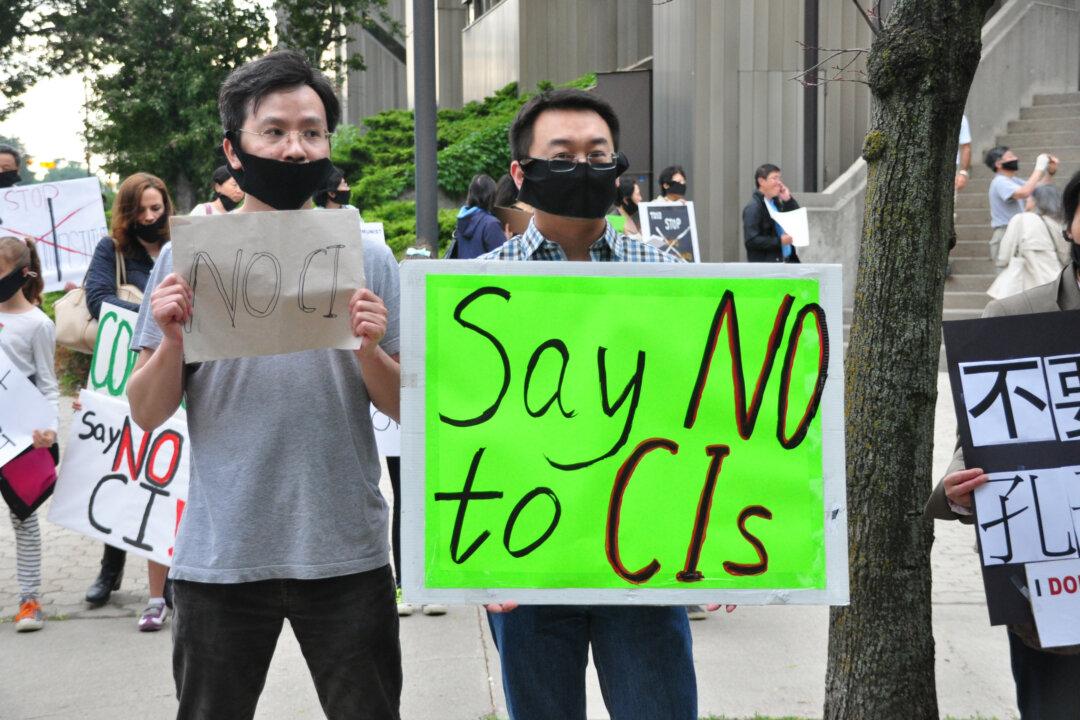The last remaining Confucius Institute (CI) in Indiana, which has recently been accused by the state government of operating as a propaganda arm of the Chinese Communist Party (CCP), is going to close next spring.
Valparaiso University, a private Lutheran institution in Northwest Indiana, on Tuesday, announced it will shut down the CI on its campus on Mar. 1, 2022. According to the school’s website, the CI at Valparaiso (CIVU) was founded in 2008 with the goals of teaching Chinese culture and language, and promoting cultural exchange.





